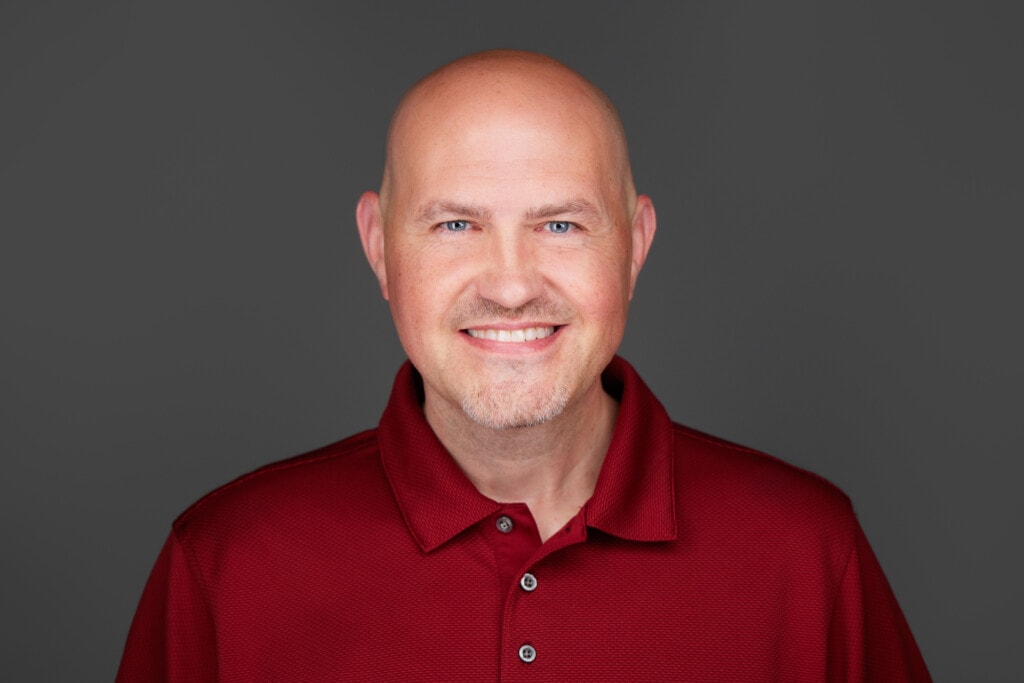 My latest “Viewpoints” article is up over at dLife.
My latest “Viewpoints” article is up over at dLife.
This month I’m talking about something that I bet many of us struggle with. I know that it is a real battle for me, and it is starting to make sense why. The topic is also starting to pop up more and more in some of the media blurbs and articles I’ve seen recently.
I knew weeks before I wrote my viewpoints article what I wanted to write about. The basic concept is that being a type 1 diabetic, there are a few factors contributing to the problems I have with food.
- Growing up on R and NPH insulins, I had to eat at certain times, whether I was hungry or not. Because of this my natural “hungry/satisfied” wires are all messed up.
- Even on a pump and using just Humalog/Novolog, we still often have to override our natural instincts (ever been full and low at the same time?). Again, my wires are all crossed up.
- As a type 1 diabetic I am lacking amylin, a hormone that plays a role in digestion and telling the brain I am satisfied. I am missing a critical “stop eating” signal between my stomach and my brain.
A few days before I wrote and submitted my viewpoints article, the dLife Update | Newsletter (February 26, 2010 – Vol. 6 No. 8 ) ran a “Spotlight” on eating disorders. I thought the timing was perfect. The introduction was perfect – it said “Diabetes puts a daily focus on food and nutrition. For some people, especially teens, this constant focus could lead to the creation of food fixations that may be difficult to overcome…”. From what little I have heard about eating disorders and treatment, focusing so much on what we eat is exactly what people in treatment are NOT supposed to do. Precisely the point of the Spotlight introduction – that people with diabetes HAVE to focus on it.
This spotlight feature actually included a quiz, where you answered 26 questions and were given some input on any potential food and body issues. The quiz was interesting, but I felt that it might have focused primarily on the traditional food issues (such as anorexia, bulimia, and diabulimia). But, what did I expect, right? I mean, those are THE eating disorders, aren’t they? But could I be fighting something different because of type 1 diabetes?
Either way, I was glad to see this in the newsletter, because I think we need to talk about it more. It seems to be a very quiet subject, and I think I can understand why. Lee Ann, over at The Butter Compartment, does a real service to many by being so open to talk about her experiences. I don’t know if it is just me, or if I’m not looking hard enough (because I’m in denial?), but I don’t find many GUYS talking about food problems. Is it because of the stereotypes? It is because it is, stereotypically, females that fight with it?
A week later, after submitting my dLife article, I got the latest diaTribe newsletter (Issue 20). In this issue, Gary Scheiner wrote a great article on Symlin. In this article Gary says “…Given that many people with type 1 diabetes have difficulty controlling their appetite (likely due to lack of the amylin hormone), …”.
Might I really be fighting with food because I’m missing amylin?
Then my editor at dLife (Kate is awesome) sent me an e-mail pointing me to a study being done by Dr. Deborah Young-Hyman, a pediatric psychologist at the Medical College of Georgia’s Georgia Prevention Institute. The article was written by Toni Baker, and is titled “Diabetes’ link to eating disorders explored“. It is a fascinating article about a fascinating study.
You can’t use the same criteria to diagnose eating disorders that you use in non-diabetic populations because what we actually prescribe as part of diabetes treatment is part of disordered eating behavior. Food preoccupation is one example — Dr. Deborah Young-Hyman
This is a big deal folks! As Toni says in the article, “answers could include better methods of insulin delivery and new therapies that address hunger-related hormones, which also become dysregulated in type 1 diabetes.”
Am I foolish to feel good about this? To feel good about people exploring the possibilities that I’m not crazy? To feel good about people exploring the possibilities that I’m not fat because I’m weak willed, but instead have some goofed up shit going on in my body?
Why isn’t this talked about more? Are we all “guilted” into silence because we think it is our fault? Does mainstream media paint a picture of failure if we are fat?
But if this is true, why aren’t ALL people with type 1 diabetes struggling with our weight? Or maybe we all are, and some are just working very, very hard to manage it?
How many of you out there who are type 1 deal with some issues around food? I want to hear from you!
Symlin is available, which may help many. But there are a lot of challenges that come with it. So many challenges that many of us can’t or don’t use it consistently. I want to hear about that too.

